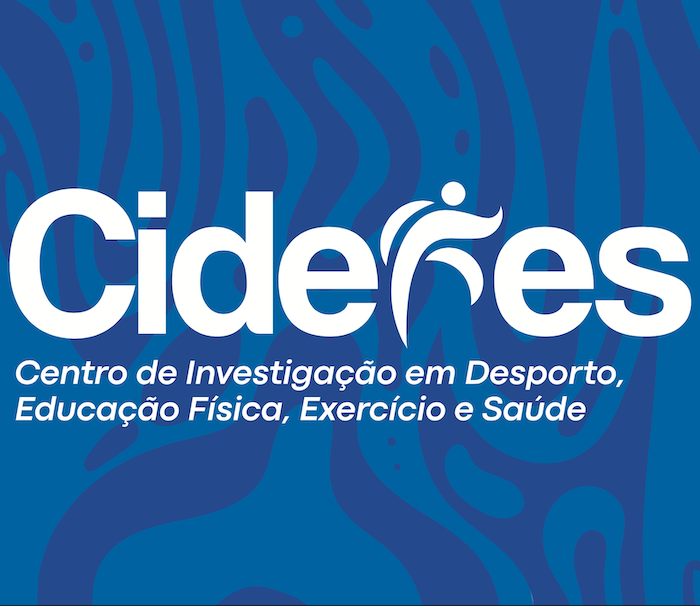Projects
Attitudes towards and susceptibility to doping related to dietary supplements in Portuguese elite athletes
This project is not under CIDEFES Leadership.
Principal Investigator
Mónica Sousa (Universidade Nova); NOVA Medical School|Faculdade de Ciências Médicas, Universidade NOVA de Lisboa
Timeline
June/2022 (funded)
Other Investigators
- Catarina B. Oliveira, MSc
- Rodrigo Abreu, Portugal Football School, Portuguese Football Federation, Oeiras, Portugal; Faculty of Nutrition and Food Sciences, University of Porto, Porto, Portugal
- José Pedro Marques, MD, Portugal Football School, Portuguese Football Federation, Oeiras, Portugal; Hospital da Luz, Lisboa, Portugal
- Luís Horta, Ph.D., Invited Assistant Professor at NOVA Medical School|Faculdade de Ciências Médicas, Universidade NOVA de Lisboa, Portugal; Research Centre Coordinator at Centro Hospitalar de Lisboa Central, Lisboa, Portugal
- Pedro Figueiredo, Ph.D., Portugal Football School, Portuguese Football Federation, Oeiras, Portugal; CIDEFES, Universidade Lusófona, Lisboa, Portugal
- João Brito, Ph.D., Portugal Football School, Portuguese Football Federation, Oeiras, Portugal
Abstract
Dietary supplements are widely used by athletes all over the world. Although it has benefits, the use of dietary supplements also has associated risks, some related to being loosely regulated. For instance, there is no guarantee that dietary supplements contain no substances from the World Anti-Doping Agency’s Prohibited List.
The presence of such substances could occur intentionally or due to cross-contamination. Alternatively, the name of prohibited substances may not be listed on the product due to inaccurate labeling. Hence, frequent users of dietary supplements and those not seeking qualified people for advice may be at risk of unintentional doping and its negative consequences. From another perspective, dietary supplements may be a gateway to doping, and athletes using dietary supplements and those who highly believe in its effectiveness may be more likely to use prohibited performance-enhancing substances.
The current project has two purposes. First, we aim to characterize the usage of dietary supplements by Portuguese elite athletes and assess their susceptibility to doping related to these products. Then, we will evaluate attitudes towards doping in Portuguese elite athletes.
The first part of the study will expose the prevalence of dietary supplement use during the previous six months, which dietary supplements athletes use, and the reasons why using supplements. In addition, we will ask who advises them to use dietary supplements, who sets the supplementation doses, and to whom they seek information on supplementation. Those athletes who report not using dietary supplements will be asked the reasons for not doing so. Furthermore, the questionnaire will include questions to ascertain whether: athletes are aware that dietary supplements may contain prohibited substances; athletes check whether the dietary supplements they use have been tested for the presence of prohibited substances; athletes have attended anti-doping education sessions; athletes are aware of any cases of doping related to dietary supplements.
The second part of the study will be accomplished directly using a short version of the Performance Enhancement Attitude Scale. Besides, both data from the assessment of dietary supplement use and the Sports Supplements Beliefs Scale will be compared with that of the Performance Enhancement Attitude Scale. The Sports Supplements Beliefs Scale will measure the perspective of Portuguese elite athletes on the effectiveness of dietary supplements for enhancing their performance.
Overall, the findings of the current project will be vital for preventing unintentional doping related to the use of dietary supplements and guide future educational programs on anti-doping.

